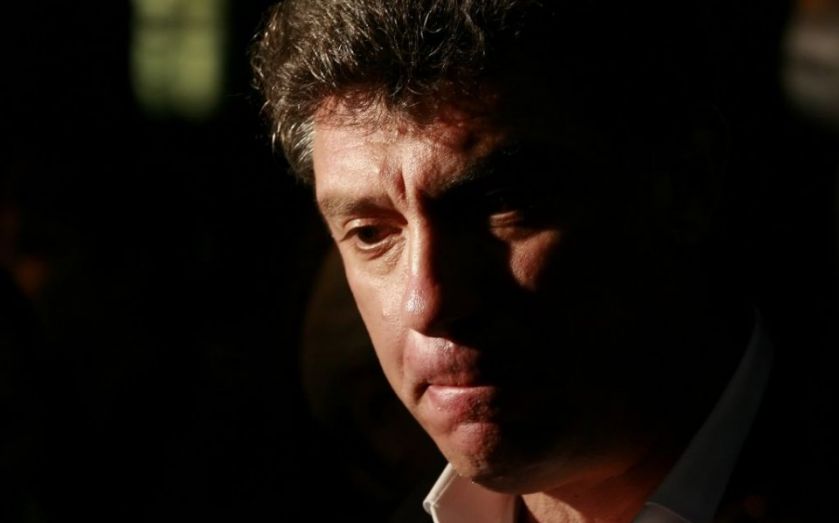The end of an illusion: What Boris Nemtsov’s murder means for the international community

On February 27, Boris Nemtsov, the Russian statesman, physicist, and outspoken critic of Russian President Vladimir Putin, was executed by unknown assailants just outside Moscow’s Red Square.
A liberal reformer, Nemtsov was a key figure in the introduction of capitalism to post-Soviet Russia. He was also seen as a uniting figure, someone who could bring together various Russian opposition groups. While the Russian state has charged two men and is looking into three more suspects, many are sceptical of an investigation controlled by the man whom many believe had the motive and means to have Nemtsov murdered: Vladimir Putin.
Nemtsov is the latest of a long list of outspoken Putin critics who have met their untimely end. It’s a trend that, coupled with Russia’s covert aggression against its neighbours, has many in the international community sounding the alarm. Garry Kasparov, the world-renowned chess player and Russian political activist, is one of many who believe his friend, Boris Nemtsov, was assassinated by members of Russia’s security services at the behest of Putin.
When Boris Yeltsin stepped down in 1999, the international community welcomed Vladimir Putin as the man who would lead Russia out of isolation and end decades of hostility and tension.
In 1999, a series of apartment building bombings triggered the Russian war in Chechnya. Suspicious circumstances led many Russians to believe that Russian security services, the FSB, had orchestrated the bombings.
Anna Politkovskaya was an award-winning Russian journalist, writer, and human rights activist who investigated such claims and documented war crimes in the Chechen campaign. She devoted the remainder of her life to exposing Putin and warning the world that the new face of an international Russia was a tyrant, consolidating power through force and intimidation.
In 2006, she, like Nemtsov, was assassinated, gunned down by unknown assailants on President Putin’s birthday. The international reaction was hollow. The White House urged a “vigorous investigation,” yet nearly ten years have passed and Politkovskaya’s murder is still unsolved. Meanwhile, at least 15 other Russian journalists have been suspiciously murdered since Putin came to power.
In 2008, the international community saw its first public display of Putin’s imperialist ambitions when Russia provoked a military conflict over Abkhazia and South Ossetia. Despite Putin’s open rhetoric regarding the reassembling of the Soviet Union under the banner of “Novorossiya,” meaning “new Russia,” the international community did nothing. In fact, a new administration in Washington under President Obama extended a friendly hand to the imperialist, offering to wipe the slate clean and “reset” US-Russian relations.
Putin’s image depends on his projection of strength; the last thing he wants is to be seen as a loser. His continued denial that Russia is involved in the conflict in Ukraine allows him to shield that image from any possible defeat. Russian aggression in Ukraine will continue as far as the West allows it. Economic and military support for Ukraine would enable them to defend themselves and because Putin is unable to commit open support, it would likely put an end to covert aggression.
If one thing is for certain, pretending these transgressions are not serious will not make the problem go away, nor will it ensure peace. Appeasement will only further embolden a man who feels he can do whatever he pleases so long as no one is there to stop him.